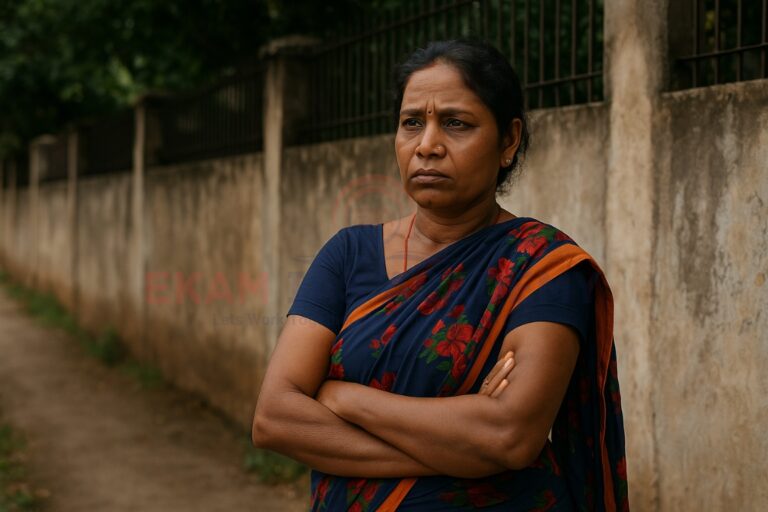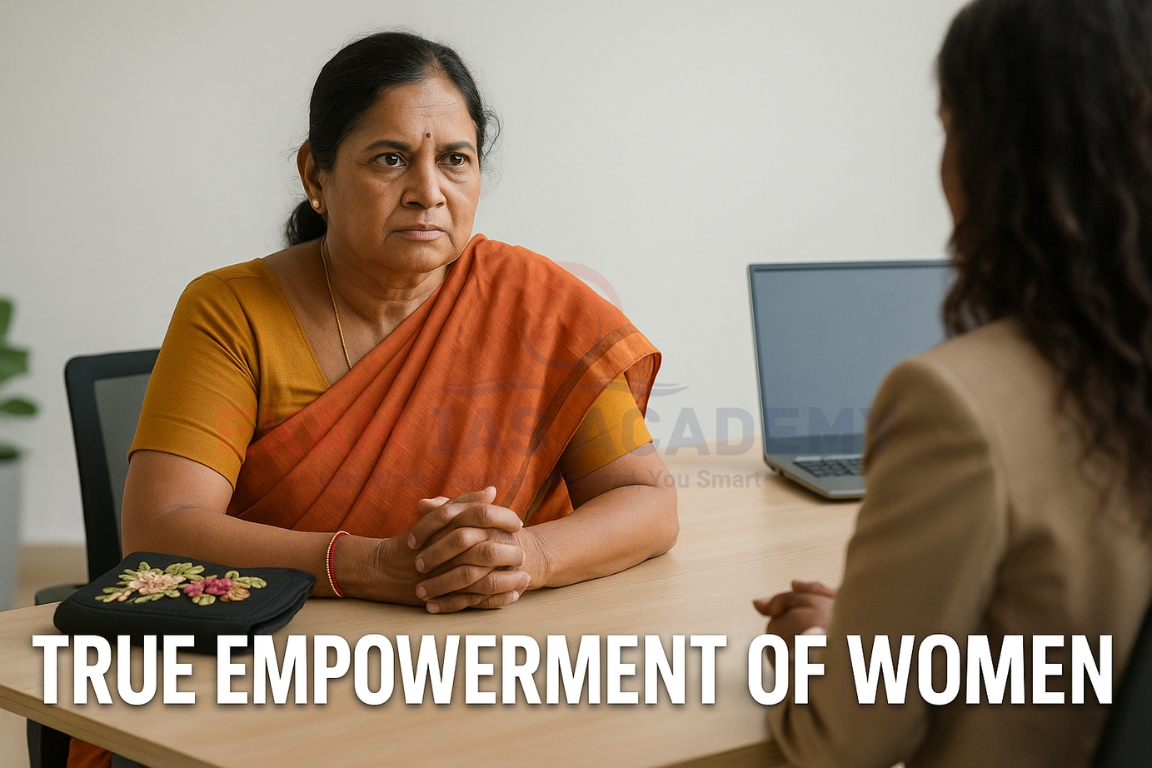The recent case involving former MP Prajwal Revanna highlighted how a domestic worker, despite lacking wealth or connections, stood firm against powerful intimidation. The episode raises critical questions about what real women empowerment means in India beyond symbolic praise.
Background
- India often celebrates women CEOs, politicians, and entrepreneurs as symbols of empowerment.
- However, women without privilege, fighting legal battles against abuse or harassment, rarely receive the same recognition or sustained support.
- Such women strengthen justice for all, yet after legal victories, they often face stigma, job loss, and financial hardship.
Gaps in the Current Empowerment Model
- Surface-level recognition: Media and state praise survivors temporarily, but support fades once trials end.
- Economic hardship: Survivors struggle with debts from prolonged legal battles.
- Social stigma: Many face discrimination in their communities or workplaces.
- Lack of structural support: No dedicated schemes to ensure survivors can rebuild their lives.

Key Measures Needed
- Financial Security: Create state-funded survivor compensation schemes, similar to aid for victims of terrorism or accidents. Compensation should cover legal costs and ensure a stable recovery period.
- Legal Assistance: Set up dedicated survivor legal aid cells with trained advocates, forensic experts, and victim support staff. Ensure funding at par with public prosecutors in high-profile cases.
- Employment Pathways: Governments, PSUs, and corporates should provide job quotas for women who fought abuse cases. Such support gives survivors dignity and independence.
- Psychological Support: Provide long-term counselling, peer networks, and therapy, funded by state and supplemented by CSR initiatives. Treat trauma care as a right, not a privilege.
Institutionalising Survivor Experience
- Train survivors as counsellors in police stations, mentors in legal literacy programs, and members of Internal Complaints Committees under POSH.
- This ensures their lived experience benefits other women and provides sustainable employment.
Why It Matters
- These women fight against entrenched power, often at personal risk, making them symbols of resilience.
- Supporting them sends a clear message: the state stands by survivors, not abusers.
- Real empowerment means securing their future with economic, legal, and emotional support, not just celebrating symbolic victories.
Conclusion
Applause is temporary, but empowerment must be lasting. True women empowerment is achieved only when survivors of injustice are provided financial stability, professional integration, and a respected role in shaping institutions.





